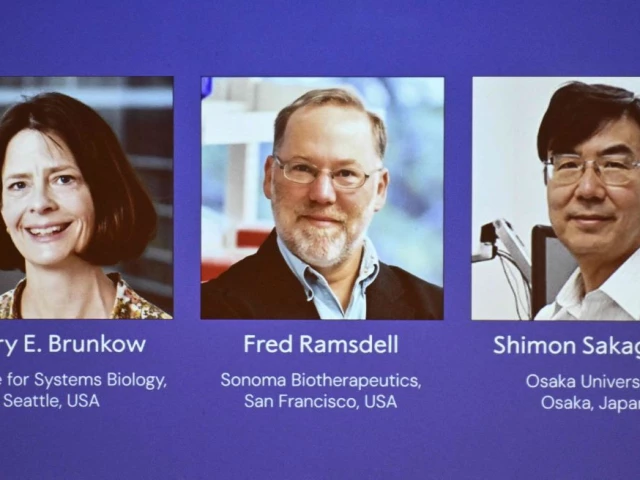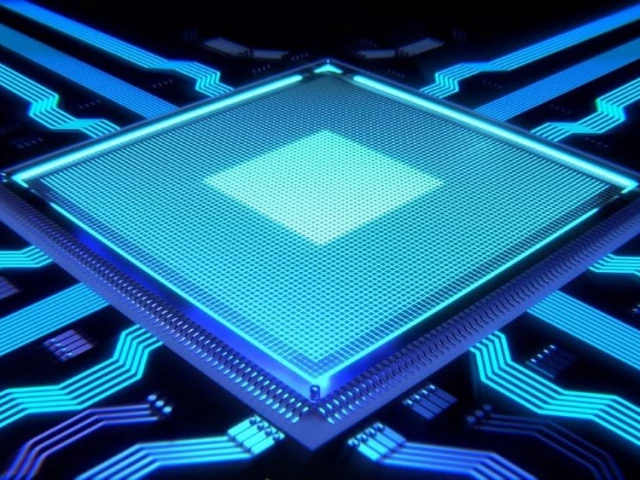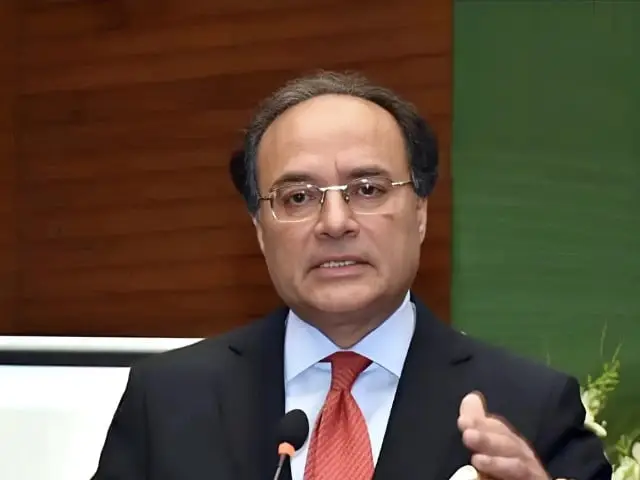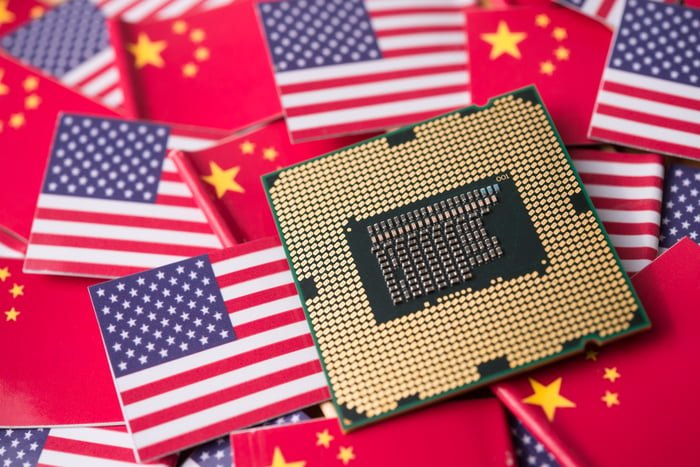Understanding the Groundbreaking Nobel Prize in Medicine 2025
On Monday, scientists Mary Brunkow, Fred Ramsdell, and Shimon Sakaguchi made headlines by winning the 2025 Nobel Prize in Physiology or Medicine. Their collaborative research revealed insights into how our immune system effectively distinguishes between healthy cells and harmful invaders. This groundbreaking discovery opens doors for potential treatments for autoimmune diseases and cancer.
Brunkow described their findings as pivotal for understanding “peripheral immune tolerance.” This term refers to our body’s ability to manage immune responses, allowing us to combat infections without harming our own tissues. In her words, regulatory T cells function like security guards, ensuring our immune system doesn’t mistakenly attack itself.
The researchers identified a crucial gene called FOXP3, which serves as a marker for these regulatory T cells. Ramsdell’s work, dating back to 2001, was instrumental in unveiling this gene’s role in regulating the immune system.
During a press conference, Sakaguchi expressed hope for the future, stating, “I believe the time will come when cancer is no longer a scary disease, but a curable one.” Their groundbreaking research has already spurred over 200 clinical trials aimed at harnessing these findings for real-world applications.
Companies like Sonoma Biotherapeutics and Quell Therapeutics are at the forefront of developing new T-cell therapies, with partnerships that target conditions like inflammatory bowel disease. While these treatments are still in development, the potential they offer is immense.
This remarkable achievement highlights how far research has come since the establishment of the Nobel Prizes in 1901. Past laureates, including Alexander Fleming for penicillin, have also made monumental contributions to medicine. As we await the Physics Prize announcement, this year’s winners remind us of the ongoing pursuit of innovation in healthcare.
Stay tuned for updates on related research and developments. If you’re interested in more in-depth discussions about groundbreaking science, consider connecting with communities focused on health innovations like Pro21st.





